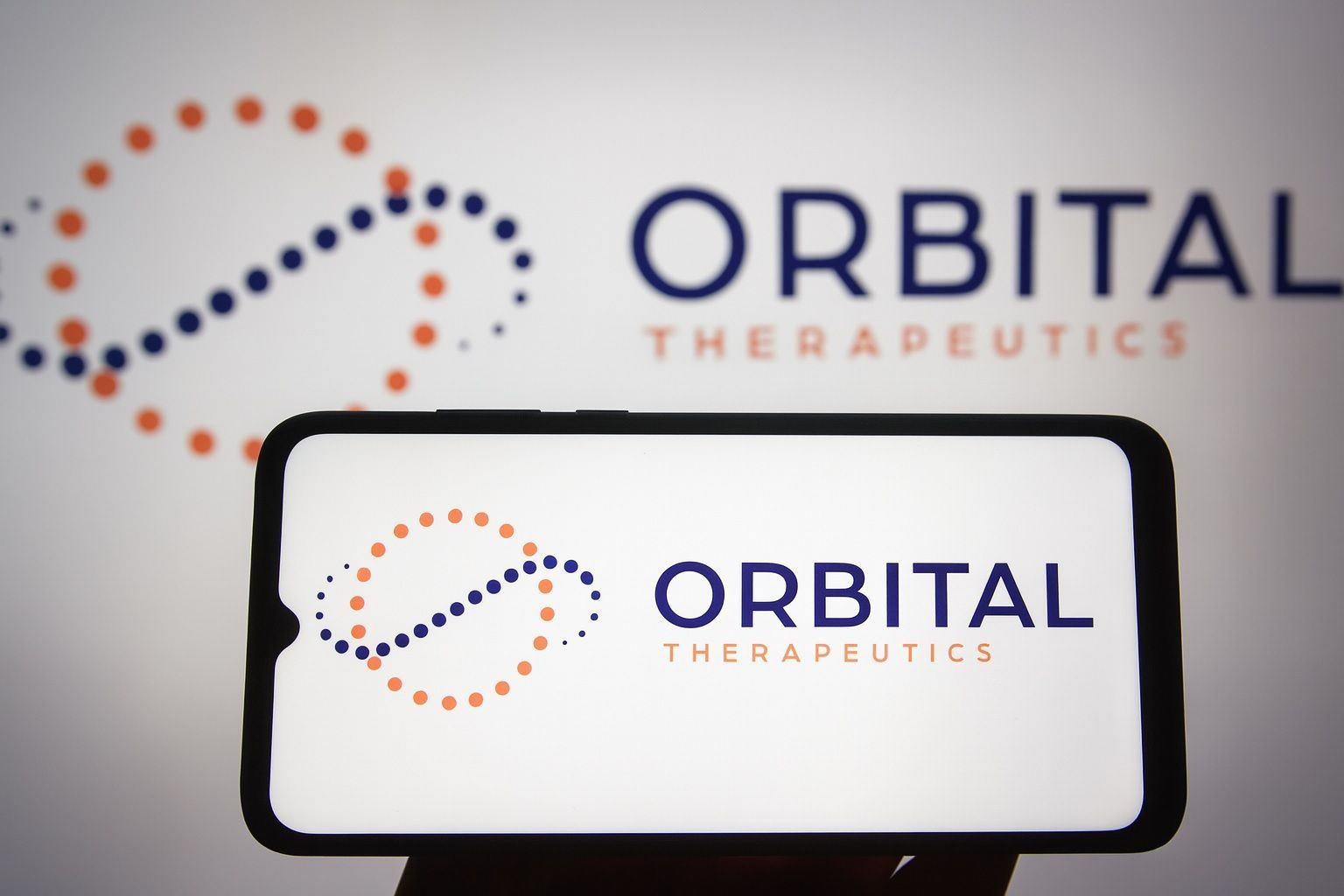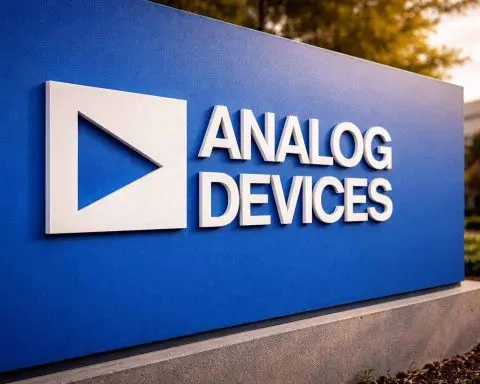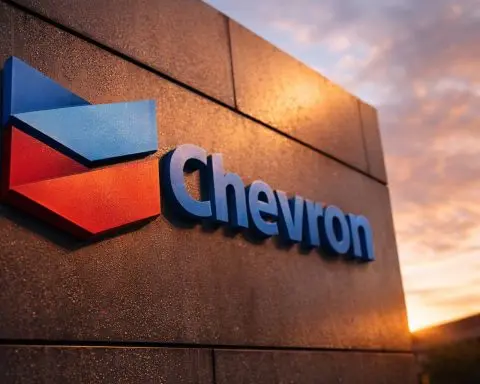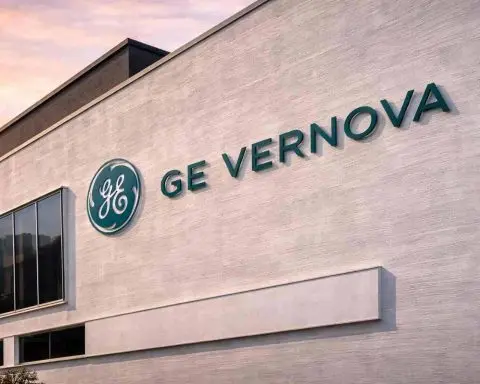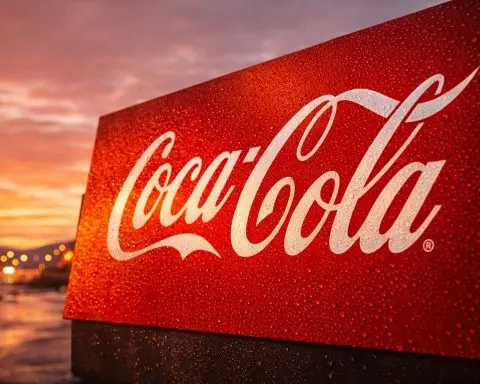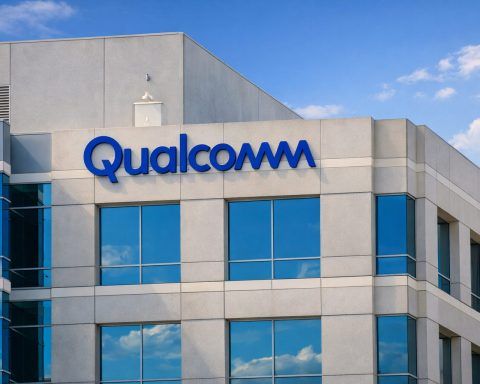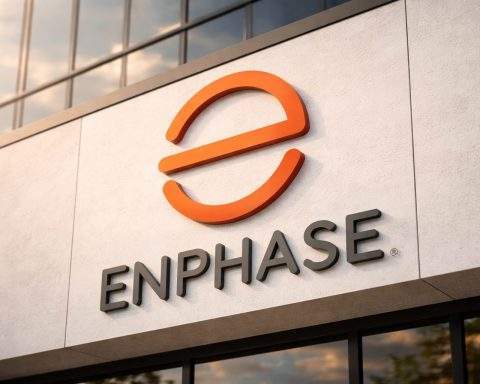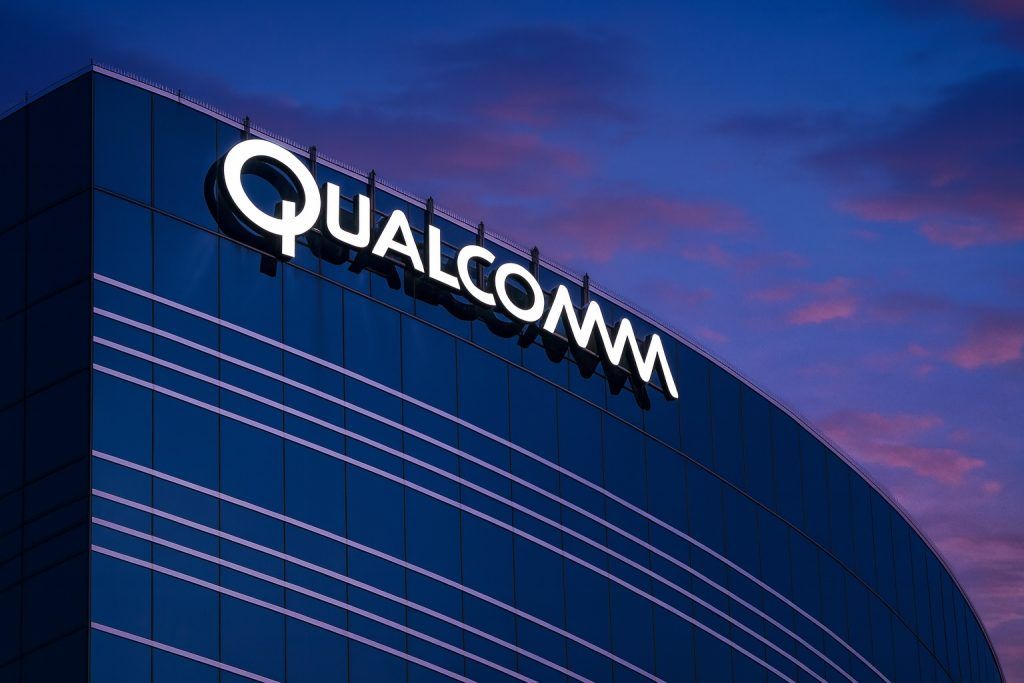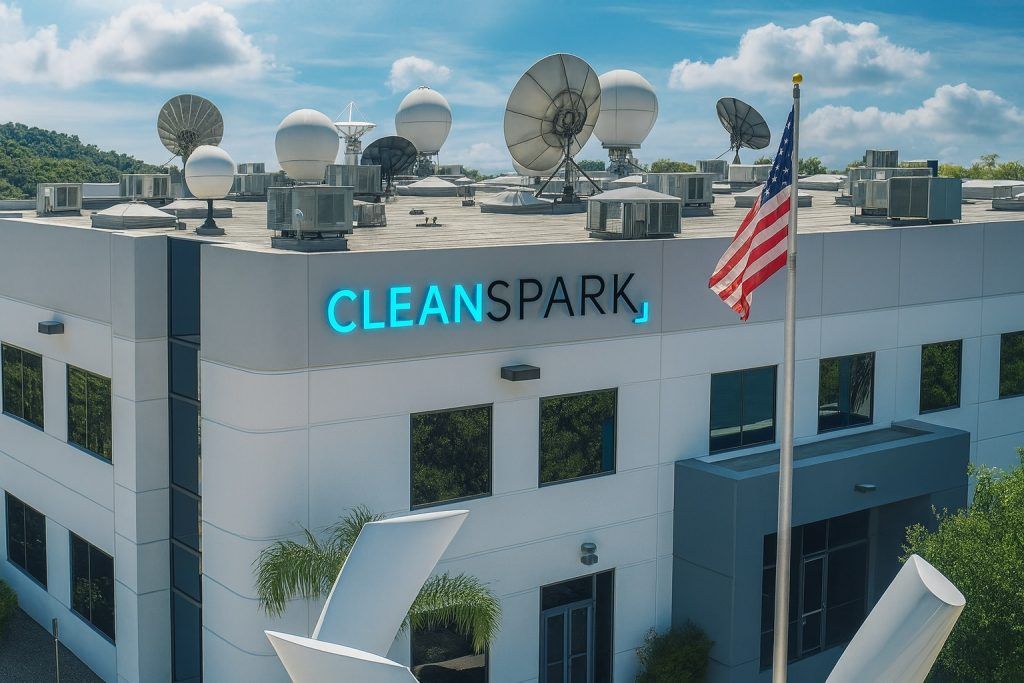- Acquisition Announcement (Oct 10, 2025): Bristol Myers Squibb (NYSE: BMY) will acquire privately held Orbital Therapeutics for $1.5 billion in cash Reuters. The deal was announced Oct 10, 2025, pending regulatory approvals (Hart-Scott-Rodino clearance, etc) Bms.
- Orbital’s Pipeline: Orbital’s lead candidate is OTX-201, an investigational in vivo CAR‑T therapy for autoimmune diseases Bms Orbitaltx. OTX-201 uses an engineered circular RNA (encapsulated in lipid nanoparticles) to program a patient’s own T cells to target CD19-positive B cells, potentially “resetting” the immune system in B-cell–driven autoimmune disorders Orbitaltx Bms. Orbital aims to begin human trials of OTX-201 in early 2026 Orbitaltx.
- Strategic Rationale: Bristol Myers is expanding its cell therapy portfolio beyond cancer. BMS already markets two approved CAR‑T therapies (targeting CD19 and BCMA, respectively) Bms. Orbital’s RNA platform (circular and linear RNA, advanced LNP delivery, AI-driven design) adds a “novel treatment approach” for autoimmune diseases Bms Businesswire. “In vivo CAR‑T represents a novel treatment approach… we have an incredible opportunity to make CAR T-cell therapy more efficient and accessible to more patients,” said Lynelle Hoch, president of BMS’s Cell Therapy Organization Reuters Bms. Orbital CEO Ron Philip called the deal “a transformational moment” that validates Orbital’s integrated RNA platform and OTX-201 program Investingnews.
- Financial Context: BMS (market cap ~$90.7B) was trading around $44.68 on Oct 10, 2025 (up +0.3% on the day) Reuters. Its 52-week range has been roughly $42–63 Reuters. Analysts rate BMS roughly in line with the market (mean “Hold” consensus) Reuters. The company yields ~5.6% in dividends Reuters. The Orbital deal (cash-funded) will likely close in late 2025 or early 2026 after review. BMS is due to report Q3 earnings on Oct 23, 2025 Investing, potentially incorporating any deal-related charges or R&D spending.
- Industry Trend: This acquisition fits a broader surge in biotech deals. In March 2025, AstraZeneca paid up to $1.0B for EsoBiotec’s in vivo CAR‑T technology ts2.tech. Analysts expected 2025 to bring a resurgence of “bolt-on” pharma deals in the $1–5 billion range ts2.tech. Orbital’s $270M Series A in 2023 – backed by ARCH, a16z Bio, Newpath and others Fiercebiotech – underscored investor faith in next-gen RNA therapies. Industry observers note that by 2025 six CAR‑T products have been approved for blood cancers, “proving that engineered immune cells can be powerful medicines” ts2.tech. The Orbital deal signals Big Pharma’s drive to extend CAR‑T into autoimmune and other new frontiers.
In-Depth Analysis
BMS’s acquisition of Orbital Therapeutics marks a deliberate push into autoimmune disease treatment via advanced cell therapy. Orbital, founded in 2022 by leaders in RNA and immunology, has built a proprietary RNA platform combining circular and linear RNA engineering with sophisticated lipid nanoparticle (LNP) delivery Bms Fiercebiotech. Its lead program, OTX-201, is designed as an in vivo CAR‑T: instead of harvesting and engineering cells outside the body, Orbital will inject circular RNA encoding a CD19-directed CAR into the patient, so the patient’s own T cells become the “manufacturers” of CAR‑T cells in situ Bms Orbitaltx. This approach could greatly simplify CAR‑T therapy logistics. As BMS noted, it may “offer a reduced treatment burden and improved accessibility” relative to conventional ex vivo CAR‑T, which requires cell collection, manufacturing and intensive preparation Bms.
Orbital’s preclinical data have been encouraging. Company materials and press coverage highlight in vivo CAR‑T data in animal models showing potent B-cell depletion (targeting lupus-like disease pathways), with a “potential best-in-class profile” for safety and efficacy Bms Orbitaltx. BMS’s Robert Plenge (Chief Research Officer) emphasized that in vivo CAR‑T could “redefine how we treat autoimmune diseases” and advance a therapy to “deplete autoreactive B cells and reset the immune system” Bms. Orbital has also cultivated AI-driven design tools and advanced LNP technologies (aided by its a16z Bio and ARCH backing Fiercebiotech) to target multiple tissues and diseases beyond CD19, including oncology and vaccines Orbitaltx Fiercebiotech. After the acquisition, Orbital’s R&D and Beam Therapeutics collaboration are expected to continue, leveraging Beam’s genomics and RNA expertise Businesswire Fiercebiotech.
For Bristol Myers, the timing makes sense. BMS’s cell therapy arm (boosted by its 2019 merger with Celgene/Kite) already has two approved CAR‑T products (Yescarta and Breyanzi) for blood cancers Bms. Adding Orbital’s RNA approach extends this franchise from oncology into immunology. Autoimmune disorders (rheumatoid arthritis, lupus, multiple sclerosis, etc.) affect tens of millions globally and represent a vast market (Analyst forecasts see global autoimmune therapeutics reaching ~$200B by 2031 Ihealthcareanalyst). CAR‑T for autoimmunity is uncharted territory but has theoretical appeal: a single infusion could “reset” pathological immune cells. Other players are exploring similar concepts – for example, UC Chicago launched Phase 1 trials of CD19 CAR‑T in lupus and pemphigus in 2024. BMS’s move is among the first big pharma entries into this niche.
Market reaction to the deal was muted. On Oct 10, BMY stock ticked up about 0.3% Reuters, suggesting investors had already priced in the news or remain cautiously optimistic. BMS’s fundamentals (forward P/E ~6.8, dividend yield ~5.6%) reflect a mature pharma. Analysts note the purchase price is modest relative to $90B market cap. The acquisition is “bolt-on” rather than transformational for revenues – Orbital has no approved drugs yet. Most of the $1.5B is paid at closing; Orbital’s remaining progress on OTX-201 and any milestone payments depend on preclinical and early clinical milestones Bms.
Expert Commentary: Industry commentators highlight that the deal “strengthens and diversifies” BMS’s portfolio Bms. In statements, BMS leaders frame Orbital as a leap forward in CAR‑T technology. Lynelle Hoch said Orbital’s platform gives “an incredible opportunity to make CAR T-cell therapy more efficient and accessible” Reuters. Orbital’s CEO Ron Philip celebrated the partnership as “transformational” and endorsed Orbital’s integrated RNA tools, noting the “promising early data” of OTX-201 Investingnews. Independent analysts (as reflected in investing.com coverage Investing) highlight the cost and convenience advantages of in vivo CAR‑T: the patient’s body acts as the cell factory, avoiding complex cell manufacturing.
Beyond this deal, the cellular therapy field is evolving rapidly. As a 2025 biotech trends report observes, six CAR‑T products (by Novartis, Gilead, BMS, etc.) now treat blood cancers globally ts2.tech, and companies are engineering next-gen “logic-gated” cells to improve safety ts2.tech. The recent flurry of M&A reflects big pharma’s search for innovation. The same report notes AstraZeneca’s $1B deal for EsoBiotec’s in vivo CAR‑T arm earlier in 2025 ts2.tech, and analysts predicted a rebound in pharma acquisitions of $1–5B by late 2025 ts2.tech. BMS’s move is one of several this quarter – for example, just days earlier Astellas paid $4.3B for Covis Pharma (unrelated therapeutic area) – indicating capital is flowing again into strategic life-science deals.
Outlook and Forecast: Looking ahead, investors and analysts will watch how quickly OTX-201 enters clinical trials and whether BMS can integrate Orbital’s platform into its R&D engine. BMS’s management has guided that hundreds of thousands of patients could eventually benefit from advanced cell therapies Bms. If Orbital’s approach works, it could open car-tacombs in large disease areas. However, risks remain: in vivo CAR‑T must demonstrate safety (avoiding off-target or cytokine effects), manufacturing scalability, and clinical benefit in humans. Regulators will view this as a new paradigm. For now, market forecasts for BMS remain driven by its late-stage oncology and immunology drugs (e.g. blockbuster experimental drugs like mavacamten, deucravacitinib, etc.), with Orbital expected to contribute further down the line.
In summary, on Oct 10, 2025 Bristol Myers Squibb bolstered its cell therapy arsenal by acquiring Orbital Therapeutics (and OTX-201) for $1.5B Reuters Bms. The move draws on recent CAR‑T successes and biotech deal momentum, positioning BMS to explore autoimmunity with cutting-edge RNA treatments. As Lynelle Hoch put it, Orbital gives BMS “an incredible opportunity” to advance CAR‑T in new ways Reuters. Investors will now closely watch BMS’s upcoming earnings and Orbital’s pipeline progression for signs of this strategy paying off.
Sources: Company press releases and SEC filings Bms Reuters; Reuters news coverage Reuters; Investing.com and Yahoo Finance stock data Reuters Investing; industry press and analysis ts2.tech ts2.tech Investingnews. (All facts cited above from these sources.)
